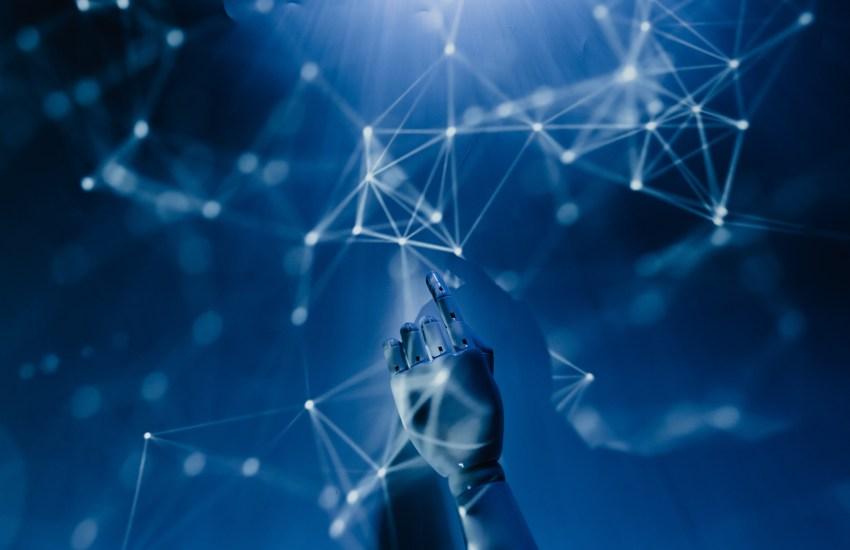Jobs That Robots and AI Can’t Do
Published: Feb 16, 2022

In today’s world there are numerous challenges facing college graduates. From the saturation of the job market with degree holders to the rising cost of living, navigating the professional world is arguably more difficult than ever. To further complicate matters, the practice of implementing robots and AI in certain industries is becoming more widespread, which could potentially mean less jobs for us humans. Here’s the good news: there are many industries that will always require the human touch, and today we are going to talk about some career paths that are less likely to be automated.
Education
While absorbing and regurgitating information is a task that AI can certainly perform, our values are something that it can never replicate. Part of a teacher’s job is to help instill positive values and morals into young people, along with the prescribed curriculum. Moreover, human interaction is critical for a child’s development, and the importance of nuanced conversation cannot be overstated – those things can never be automated.
Law
Lawyers are required to apply case law to each and every unique case, while also developing a strategy that works for each client’s individual circumstances. Often, a lawyer will have to resort to negotiation, which requires the ability to engage in a nuanced discussion; something automation could never do. The empathy required for this line of work is something that cannot be mimicked by technology, and this applies to both lawyers and judges.
Healthcare
We’ve all seen footage of robots performing surgical procedures, so it’s a real possibility that certain roles in healthcare could be fully automated; however, automation cannot replicate good bedside manner, the ability to listen to and care for each patient’s individual needs, or complex healthcare roles such as psychology or psychiatry. One could say that some of the “mechanical” aspects of healthcare could possibly benefit from automation, but the human element will always need to be there.
Social Work
You’re likely noticing a pattern here. Social work is another one of those careers that relies heavily on human interaction, and while automation or digital tools can be used to assist social workers themselves, programs and algorithms will never be able to provide the type of specialized contact that each and every unique case requires. Social work relies heavily on understanding and complex human problem solving, and machines just can’t cut it.
Design
Whether it’s graphic design, architecture, or any number of other areas of design, automation isn’t a likely threat anytime soon. While automation can be applied to programs that are used by most designers, the ability to understand complex human ideas and to respond to edits and changes on the fly is something that is uniquely human for the time being. Additionally, design requires a vast imagination and creativity, which are human traits that may never be replicated by technology.
Writing
AI is sometimes used to generate social media content or writing prompts, and it can also be used to perform tasks such as reviewing spelling and grammar, or scanning for plagiarism. That said, technology cannot replicate creativity, imagination, or the talent that is required to generate unique and original ideas. Furthermore, good writing is something humans can relate to, which is something a machine could never understand.
Of course, there are other careers that will be safe from automation for a very long time, if forever. The common denominator here is that robots and AI are unable to replicate certain human traits, and they lack the ability to have the shared human empathy that we all inherently possess. It is of the utmost importance that we recognize the need for human interaction and apply technology only for that benefit, and not when it eliminates the bonds of the human connection.
